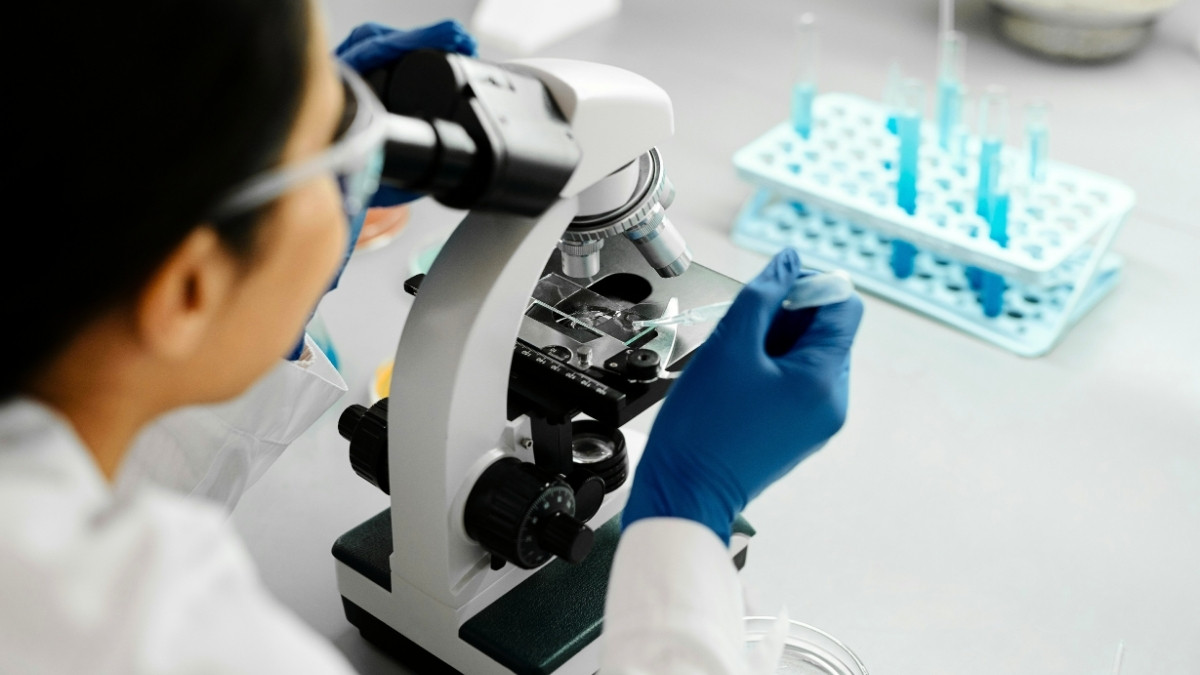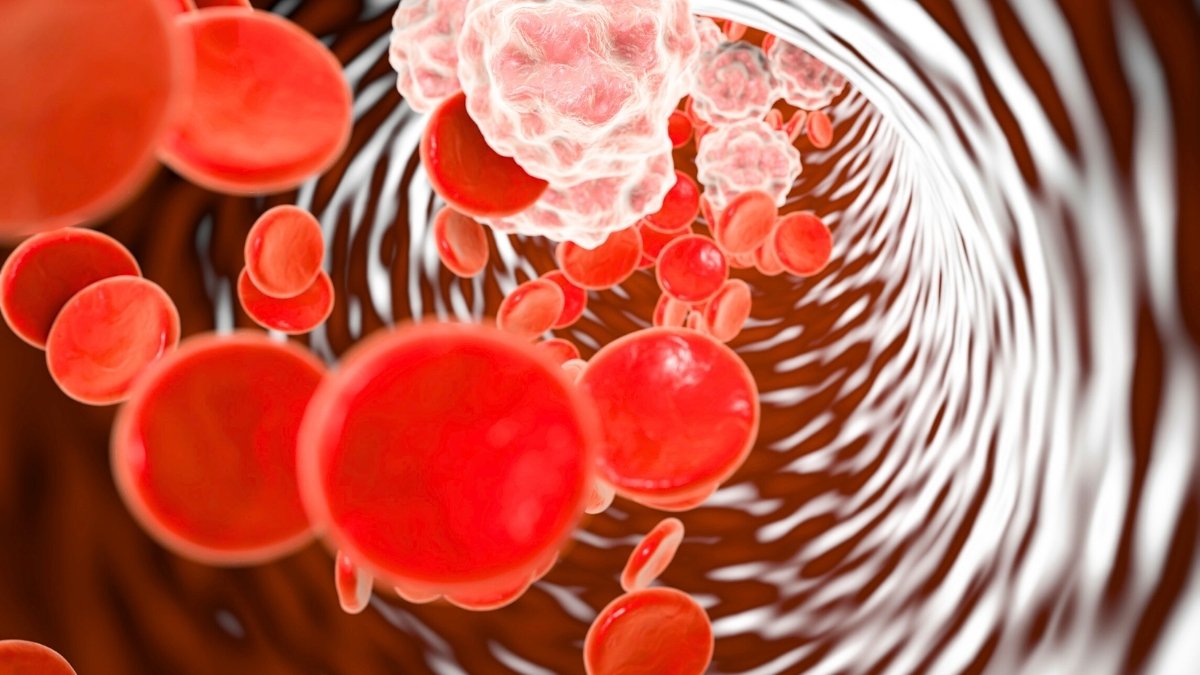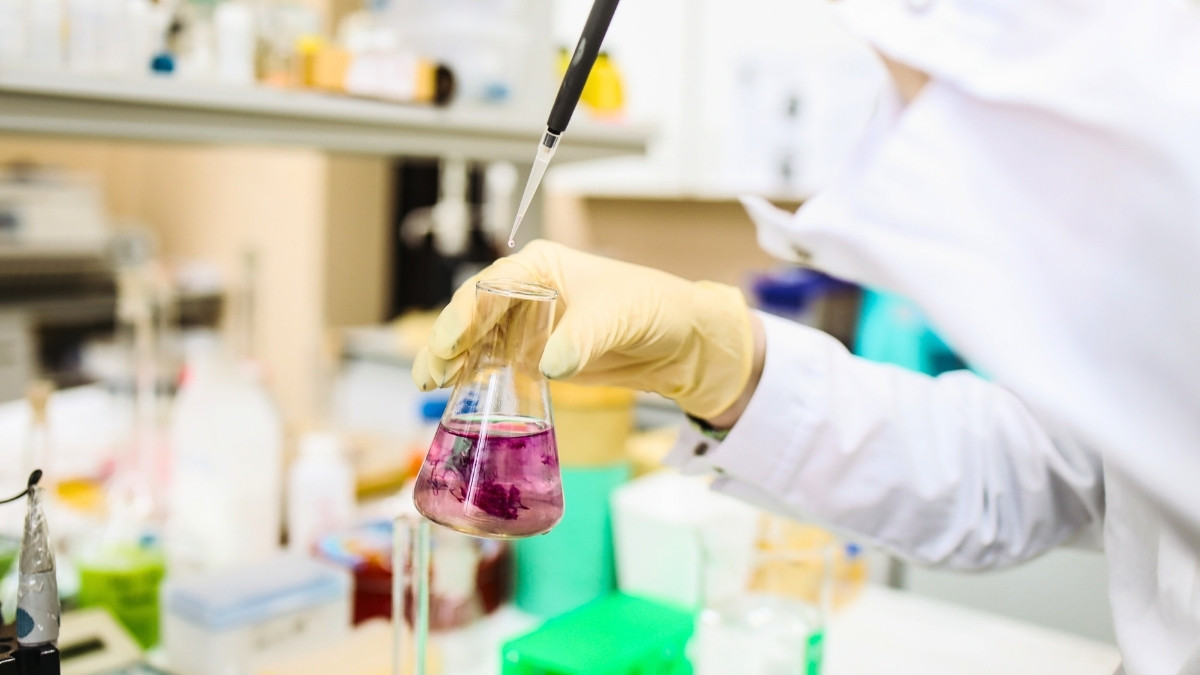She Looked 35 at 70 – Then Discovered This ‘Anti-Aging’ Healthcare Secret

At 50, Sarah Mitchell’s reflection shocked her. Deep wrinkles carved her face like roadmaps. Her energy had vanished completely. Strangers guessed her age at 70, and doctors offered no real solutions beyond accepting the inevitable decline.
But Sarah refused to surrender. After months of research, she discovered cutting-edge healthcare protocols that most physicians never mention. Within eight months, her biological age dropped by 15 years. Her skin regained elasticity, energy soared, and people now mistake her for someone in her thirties.

The breakthrough wasn’t expensive treatments or risky procedures. It was seven specific healthcare secrets that work with your body’s natural regeneration systems. These same methods are helping thousands reverse their aging process right now.
1. The Hidden Hormone Revolution
Modern hormone replacement therapy has evolved far beyond one-size-fits-all approaches, with new research showing that benefits and risks differ greatly depending on type, route, and dose prescribed Can we slow aging? | National Institutes of Health (NIH).
Recent studies reveal that women aged older than 65 years may be able to safely continue taking hormone therapy LongevityreviewAfar, with 55% continuing treatment to control hot flashes and 29% for better quality of life Top Breakthroughs In Aging Research – American Federation for Aging Research.
The key breakthrough lies in personalized protocols using bioidentical hormones, precise dosing, and continuous monitoring. Risk reductions appear to be greater with low rather than medium or high doses, vaginal or transdermal rather than oral preparations Medical Breakthroughs That Could Impact Aging. This targeted approach addresses the root cause of accelerated aging in women – hormonal decline – rather than just treating symptoms. When properly administered, HRT can restore cellular energy production, improve skin elasticity, and enhance cognitive function.
3 Key Tips:
- Work with a hormone specialist who uses bioidentical hormones and comprehensive testing
- Consider transdermal patches or gels over oral pills for better safety profile
- Monitor hormone levels every 3-6 months to ensure optimal dosing
2. The Cellular Reprogramming Breakthrough
Scientists have discovered that the ectopic induction of Yamanaka factors OCT4, SOX2, and KLF4 can restore youthful DNA methylation patterns, transcript profiles, and tissue function without erasing cellular identity PubMedCleveland Clinic. This groundbreaking research shows that reducing the biological age of organisms may be assisted by reducing the age of cells through partial cell reprogramming Comparing the risks and benefits of hormone therapy.
Recent advances have moved beyond gene therapy to chemical-based reprogramming, which is promising for safer epigenetic rejuvenation approaches Benefits and risks of hormone replacement therapy (HRT) – NHS. The process literally turns back the cellular clock by resetting epigenetic markers that accumulate with age.
The team’s findings build upon the discovery that specific genes, called Yamanaka factors, could convert adult cells into induced pluripotent stem cells Hormone Therapy and Biological Aging in Postmenopausal Women | Obstetrics and Gynecology | JAMA Network Open | JAMA Network. This represents the most significant breakthrough in anti-aging science, offering hope for actual age reversal rather than just slowing aging.
3 Key Tips:
- Look for clinics offering epigenetic testing to measure your biological age
- Support natural cellular reprogramming through intermittent fasting and heat shock proteins
- Stay informed about emerging chemical reprogramming therapies entering clinical trials
3. The Rapamycin Renaissance
Rapamycin, originally discovered from soil bacteria on Easter Island, is revolutionizing longevity medicine as researchers uncover its remarkable anti-aging properties. This FDA-approved immunosuppressant drug has shown incredible promise in extending healthspan and lifespan in multiple animal studies, with some showing 20-30% life extension.

The drug works by inhibiting the mTOR pathway, which is central to cellular aging and metabolism regulation. Longevity experts are now using low-dose rapamycin protocols to mimic the benefits of caloric restriction without the extreme dietary limitations.
Clinical trials are underway to determine optimal dosing for healthy aging, with preliminary results showing improvements in immune function, muscle mass retention, and cognitive performance. The key is finding the right balance – enough to gain anti-aging benefits without compromising immune function.
3 Key Tips:
- Consult with a longevity physician experienced in rapamycin protocols before considering use
- Start with ultra-low doses (1-2mg weekly) if approved by your doctor
- Monitor immune markers and kidney function regularly while on any rapamycin regimen
4. The Epigenetic Age Reset
Your biological age – how old your cells actually are – can differ dramatically from your chronological age, and epigenetic testing now makes this measurable with remarkable precision. These tests analyze DNA methylation patterns to determine your true cellular age, often revealing that some 50-year-olds have the biology of 35-year-olds while others test as 65.

The breakthrough comes from understanding that epigenetic markers can be reversed through targeted interventions including specific supplements, dietary protocols, exercise regimens, and stress management techniques. Companies like TruAge and GrimAge offer comprehensive testing that tracks multiple aging pathways including inflammation, metabolism, and cellular repair.
The most exciting aspect is that unlike your chronological age, your biological age can actually decrease with the right interventions. Studies show that people can reduce their biological age by 3-5 years within 8-12 weeks of targeted protocols.
3 Key Tips:
- Get baseline epigenetic age testing before starting any anti-aging protocol
- Focus on the “methylation support stack” including folate, B12, and betaine
- Retest every 6-12 months to track your biological age improvements over time
5. The Inflammation-Aging Connection
Inflammaging, defined as chronic low-grade inflammation associated with aging, is considered a key factor in many age-related diseases and a highly significant risk factor for both morbidity and mortality in elderly people NortheasternAARP.
Epidemiological studies have found that inflammaging is a risk factor for CVD, cancer, chronic kidney disease, dementia, and depression as well for global indicators of poor health status, such as multimorbidity, mobility disability and disability in activities of daily living, sarcopenia Healthy Aging News — ScienceDaily.

This invisible fire burning throughout the body accelerates cellular damage, tissue breakdown, and visible signs of aging including wrinkles, muscle loss, and cognitive decline. The low-grade chronic inflammation during aging, without overt infection, is associated with increased morbidity and mortality in the aging population NEW STUDY: Discovery of Chemical Means to Reverse Aging and Restore Cellular Function… | Aging.
The breakthrough lies in understanding that this inflammation can be measured through specific biomarkers and reversed through targeted interventions. Modern protocols now focus on identifying and eliminating inflammatory triggers while supporting the body’s natural anti-inflammatory systems.
3 Key Tips:
- Get comprehensive inflammatory marker testing including CRP, IL-6, and TNF-alpha levels
- Implement an anti-inflammatory diet rich in omega-3 fatty acids and polyphenols from colorful vegetables
- Consider targeted supplements like curcumin, resveratrol, and specialized pro-resolving mediators (SPMs)
6. The Microbiome-Longevity Link
Long-living people consistently have higher abundance of bacterial species linked to reduced risk of conditions like gout, osteoporosis and cardiovascular disease Comparing the risks and benefits of hormone therapy, revealing the critical connection between gut health and longevity.
The gut microbiota is highly responsive to lifestyle and dietary changes, displaying a flexibility that also provides an actionable tool by which healthy aging can be promoted Hormone Replacement Therapy (HRT) for Menopause.
As we age, our microbiome diversity decreases significantly, leading to increased inflammation, reduced immune function, and accelerated aging processes throughout the body.
Gut microbiome-based therapeutics for older people will need combined approaches, including dietary intervention with microbial restoration of lost strains, with targeted interventions such as probiotics, prebiotics, and fecal microbiota transplantation (FMT) being explored as potential strategies NhsMenopause.
3 Key Tips:
- Get comprehensive gut microbiome testing to identify specific bacterial deficiencies and imbalances
- Focus on prebiotic-rich foods like Jerusalem artichokes, garlic, and resistant starches to feed beneficial bacteria
- Consider professional-grade, multi-strain probiotics with at least 50 billion CFUs and targeted strains for aging
7. The Precision Medicine Approach
The convergence of artificial intelligence (AI) and precision medicine promises to revolutionize health care, with AI emerging as a transformative force in precision medicine, revolutionizing the integration and analysis of health records, genetics, and immunology data LancastergeneralhealthContemporary OB/GYN.
Personalized medicine entails tailoring medical care to an individual’s unique genomic and molecular characteristics, with AI holding significant promise in advancing the field of personalized medicine Chemically induced reprogramming to reverse cellular aging – PubMed.

The precision medicine market is projected to reach $550.74 billion by 2033—a significant increase from $173.70 billion in 2024, driven by advancements in genomics, increasing adoption of predictive diagnostics, and collaborations between biotechnology companies and research Chemically induced reprogramming to reverse cellular aging | Aging.
Companies are now offering clinically-based tests that use epigenetic information to measure biological age and disease risk Chemically induced reprogramming to reverse cellular aging – PMC, creating truly personalized anti-aging strategies.
3 Key Tips:
- Invest in comprehensive genetic testing including SNP analysis for methylation, detoxification, and nutrient metabolism pathways
- Work with physicians who use AI-driven platforms to analyze your multi-omic data and create personalized protocols
- Track multiple biomarkers quarterly using advanced panels that measure inflammation, hormones, nutrients, and metabolic markers
General Tips:
1. Get comprehensive biomarker testing including hormones, inflammation markers, and biological age assessment to establish your baseline.
2. Focus on reducing chronic inflammation through an anti-inflammatory diet rich in omega-3s and colorful antioxidants.
3. Prioritize gut health with targeted probiotics, prebiotics, and microbiome testing to restore beneficial bacteria diversity.
4. Consider working with a longevity-focused physician who uses personalized protocols based on your genetic and biomarker profiles.
5. Track your progress through regular retesting of key aging markers to ensure your interventions are actually reversing biological age.
Final Thought:
The woman who transformed from looking 70 at 50 didn’t discover just one secret—she uncovered an entire revolution in personalized healthcare that’s rewriting the rules of aging. While millions continue to accept aging as inevitable, a growing community of biohackers and longevity experts are proving that biological age can actually move backward with the right interventions.
The convergence of hormone optimization, cellular reprogramming, inflammation control, and AI-driven precision medicine has created an unprecedented opportunity to not just slow aging, but reverse it. What took decades of damage can now be undone in months with targeted protocols tailored to your unique genetic blueprint.
The question isn’t whether you can look and feel decades younger—the science proves you can. The real question is: will you take action before another year of unnecessary aging passes you by, or will you join the ranks of those who are already living proof that 50 can truly be the new 30?






